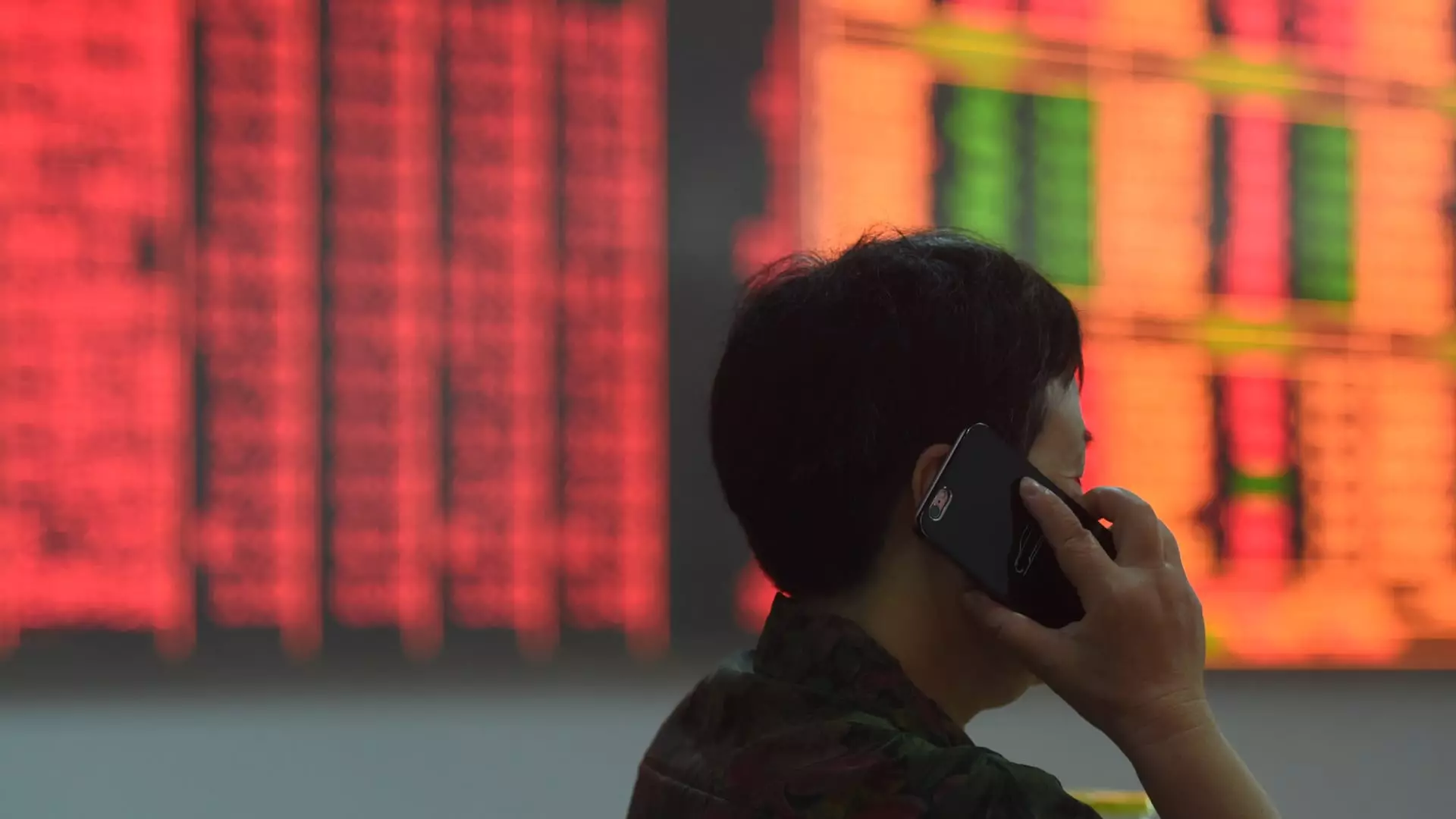China’s economy stands at a crossroads, facing numerous challenges exacerbated by an enduring real estate crisis and fluctuating consumer confidence. Despite recent policy signals from the Chinese government that aim to restore market sentiment, analysts argue that these measures may not sufficiently tackle deeper economic issues. This article explores the latest developments in Chinese economic policy, the reaction from global markets, and the potential implications for future growth.
Recent reports indicated a meeting led by President Xi Jinping, wherein significant attention was granted to the country’s economic challenges, particularly the sluggish real estate market. The Shanghai Composite Index experienced a notable surge, reaching a three-month high as news of the gathering spread. However, while the meeting signified recognition of the gravity of the situation, it failed to yield substantial details regarding new policy interventions.
Ting Lu, Chief China Economist at Nomura, emphasized that the current methods employed by Beijing have been inadequate thus far, necessitating more comprehensive and structured policy initiatives. The observed increase in market sentiment appears largely driven by speculative optimism rather than any concrete actions aimed at addressing the root causes of the economic downturn. While a “shock and awe” approach might provide a temporary boost in confidence, it ultimately requires sustainable economic strategies to ensure long-term growth.
The Chinese economy, the second largest in the world, has been grappling with diminished growth rates, primarily hampered by a persistent real estate slump. Recent statistics indicate a meager increase of just above 2% in retail sales, alongside stagnant industrial profits for the first eight months of the year. Export activities have provided some glimmer of hope, yet the overall outlook remains bleak.
Nomura’s estimation highlighted the reality that any additional fiscal stimulus would likely contribute a modest 3% to China’s annual GDP. This raises concerns about the potential effectiveness of hastily constructed stimulus measures, which may deliver slow and limited outcomes. Investors are urged to scrutinize the specifics of any proposed economic stimuli, as poorly designed policies could prove detrimental in the long run.
Despite the People’s Bank of China’s recent interest rate cuts aimed at revitalizing the economy, consumer confidence remains tepid. Paul Christopher, Head of Global Investment Strategy at Wells Fargo Investment Institute, pointed out that the current environment is marked by consumer reluctance to engage in borrowing, overshadowing the benefits that lower rates should theoretically provide. This sentiment underscores a more profound issue: the psychological impact of previous government crackdowns on various sectors, including the real estate and after-school tutoring industries, continues to linger.
Survey results from the China Beige Book revealed a decline in corporate borrowing, even amidst historic lows in borrowing costs. This divergence between macroeconomic policy and microeconomic behavior indicates that simply reducing rates may not suffice to restore confidence in the economy. The potential wealth effect from rising stock prices may provide some temporary relief, but the ongoing decline in property values casts a shadow over sustainable economic recovery.
In light of these prevailing economic challenges, investor sentiment has displayed contrasting trends. While a rally in the CSI 300 index, reported to be the best week since 2008, indicates renewed interest in battered Chinese stocks, caution is warranted. Market analysts have noted that recent announcements aimed at injecting capital into the stock market have yet to materialize effectively, leading to uncertainties regarding their actual operational impact.
Global investors have reacted to the shifting landscape, with notable figures like David Tepper, a U.S. billionaire and hedge fund founder, recently increasing their holdings in Chinese stocks. They perceive potential opportunities amid corrective policy shifts that respond to external monetary influences, such as the U.S. Federal Reserve’s easing stance. The acknowledgment of the need for a robust capital market has surfaced as a significant takeaway from the recent political discourse surrounding China’s economy.
The support for capital markets articulated during high-level government discussions contrasts sharply with the prevailing skepticism toward China’s financial industry over recent years. Asset managers, including Bruce Liu from Esoterica Capital, envision these policy signals as pivotal for fostering a favorable economic environment. However, for such improvements to take root, it is imperative that the Chinese government adopts more concrete and actionable strategies aimed at restoring consumer and business confidence.
While the Chinese government’s recent policy signals have provided a temporary lift to market sentiment, they may not adequately resolve the systemic issues facing the economy. To foster a more resilient economic landscape, it is crucial for policymakers to move beyond surface-level interventions and engage in meaningful reforms that target the underlying challenges. Only then can China embark on a trajectory toward sustainable growth amid an increasingly complex global economic environment.

